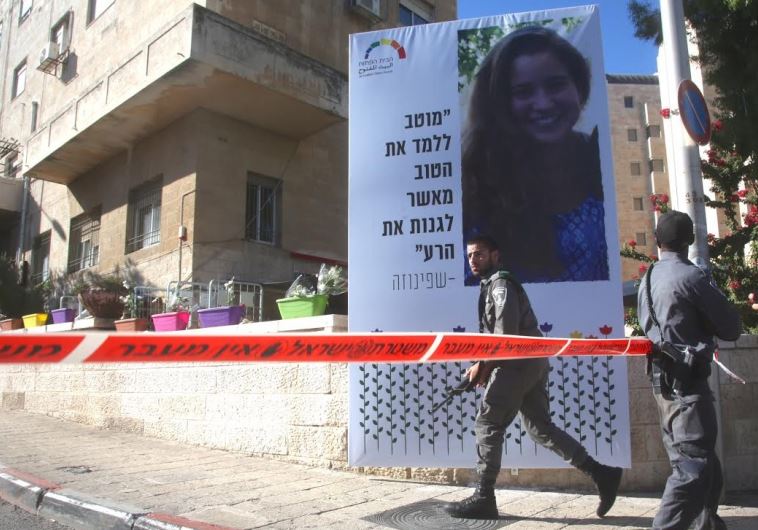Jerusalem Symphony pays tribute to Shira Banki
The Jerusalem Symphony Orchestra premieres Daniel Markovich’s ‘Holes in Time’ as part of its opening season concert.
 A memorial at the 2016 Jerusalem Pride Parade honoring Shira Banki(photo credit: MARC ISRAEL SELLEM)Updated:
A memorial at the 2016 Jerusalem Pride Parade honoring Shira Banki(photo credit: MARC ISRAEL SELLEM)Updated: